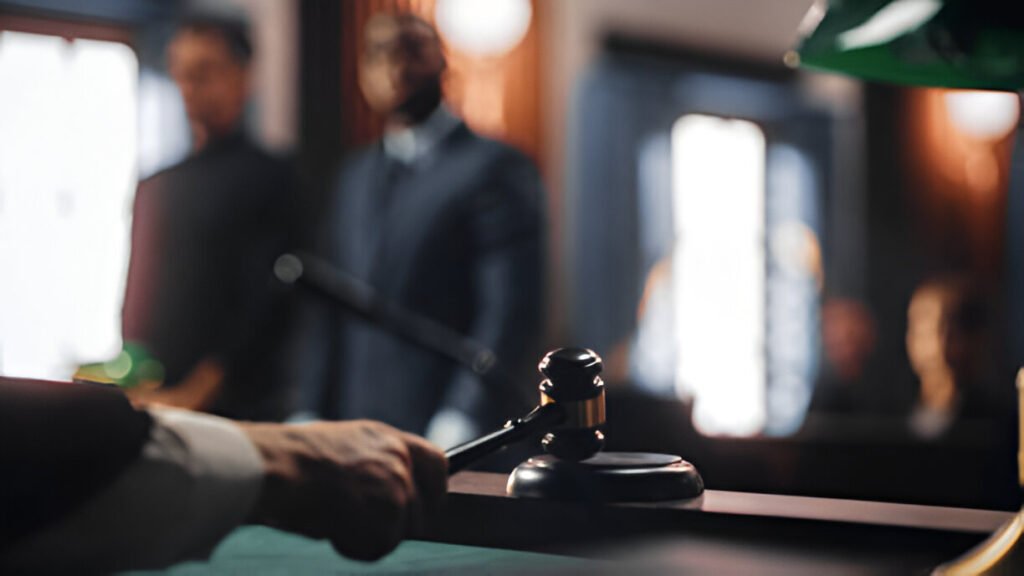Identifying the exact kind of attorney you need when handling a legal situation is vital. Lawyers have different specializations, from personal injury to corporate law, so selecting someone with the appropriate expertise is critical. Conducting this research beforehand can save time and money and ensure the success of your case. For example, corporate attorneys concentrate on business-related issues, whereas family lawyers deal with divorce, child custody, and other domestic affairs.
If you need help determining which type suits your needs, firms like Cambridge Law can offer significant guidance. Websites such as LegalZoom also provide comprehensive overviews of various legal specializations, giving you a clear understanding of what to look for when choosing the right lawyer. With this information, you may select the best-qualified expert for your case by effectively reducing your possibilities.
How to Research Potential Lawyers
When looking for a lawyer, it’s essential to research their legal specialty, online reviews, testimonials, and case studies. Look for positive feedback and notable case successes. Verify the attorney’s licensure and status with the state bar organization. To learn more about their practice areas, case results, and client testimonials, check out their website and ask friends and relatives for suggestions. Some websites even offer video testimonials, providing a more nuanced view of the lawyer’s effectiveness and client rapport. This will help you choose a lawyer who adheres to ethical standards.
The Importance of Consultations
Consultations are an essential way to assess potential lawyers’ capabilities and compatibility before committing. Many lawyers offer free initial meetings, during which you can discuss your case and gauge the lawyer’s response. This interaction helps determine if the lawyer is skilled and easy to work with. The communication style during the consultation should be clear, empathetic, and responsive to your concerns. The initial face-to-face meeting also helps you gauge your confidence in their abilities, as a lawyer who makes you feel valued and understood is likely to represent you effectively in legal proceedings.
Evaluating Fees and Costs
It is essential to comprehend the cost of legal services to make wise judgments. Depending on the case type, lawyers may charge hourly rates, flat fees, or contingency fees. Discussing fee structures upfront helps you choose a lawyer that fits your budget and prevents financial surprises. Hourly rates can add up quickly, while flat fees provide predictable costs. Contingency fees, typically a percentage of awarded damages, are more manageable for some clients. Asking for a detailed cost breakdown and discussing additional expenses is essential. Maintaining transparency regarding finances is vital to ensuring comprehension and focus on the legal matter.
Finalizing Your Decision
After conducting thorough research, consultations, and fee assessments, choosing a lawyer based on professionalism and rapport is crucial. A well-drafted agreement outlining the scope of work and fee structure is a reference point for services and costs. This agreement protects both parties and serves as a reference point in disputes. Double-check all aspects and ask for clarifications before signing, as this step ensures a smooth legal process and protects your interests.
Ongoing Relationship Management
Maintaining a positive lawyer-client relationship is crucial for a successful case outcome. Clear communication, responsiveness to lawyer requests, and regular updates are essential. Addressing concerns during legal proceedings is easier. A reliable lawyer can provide continuous legal support, making it invaluable. Regular check-ins, even after a case is resolved, ensure legal assistance is available for future needs. A lawyer who understands your history and needs can provide personalized, practical legal advice.

















